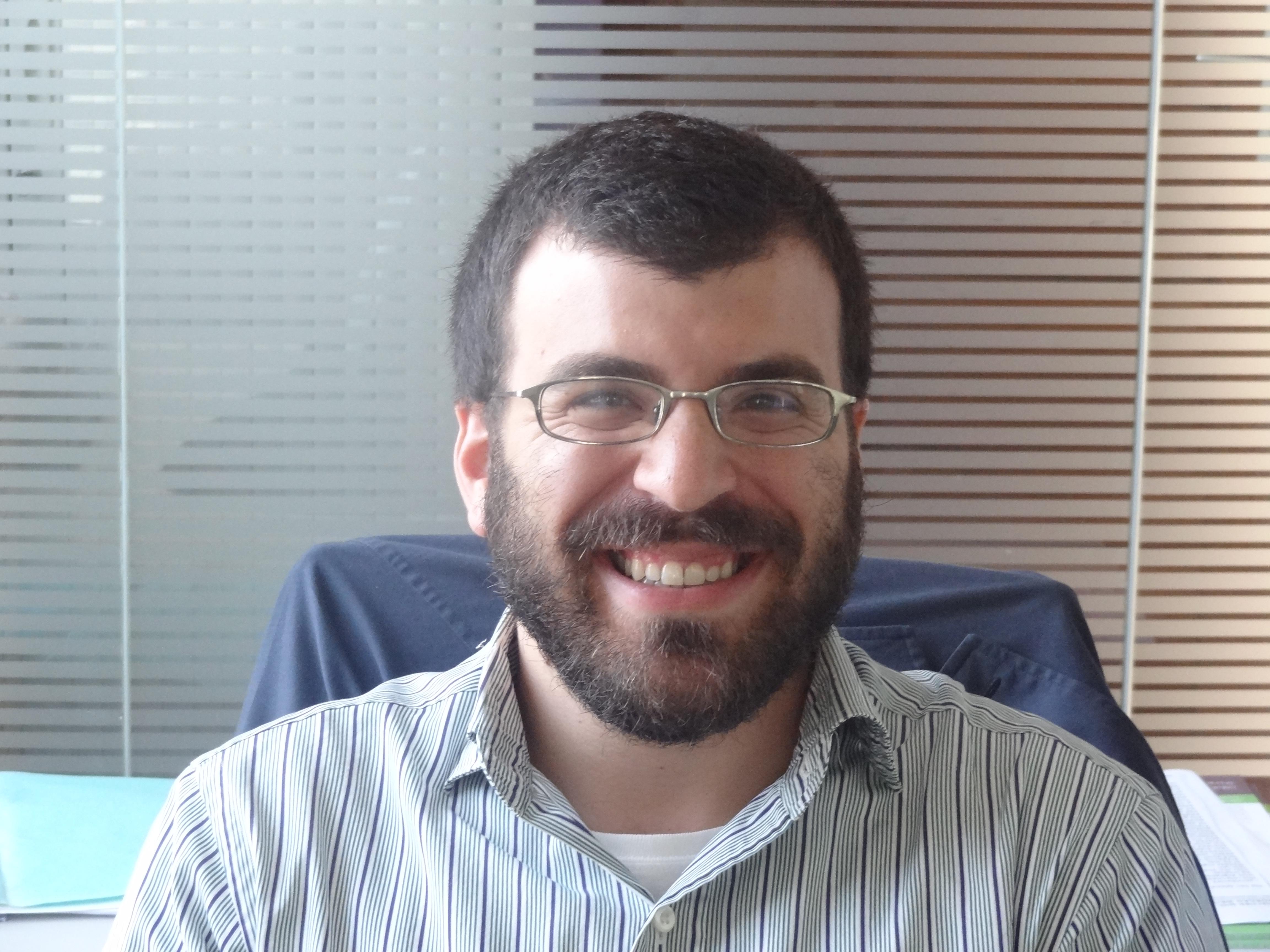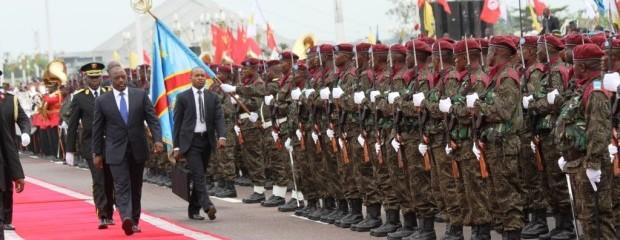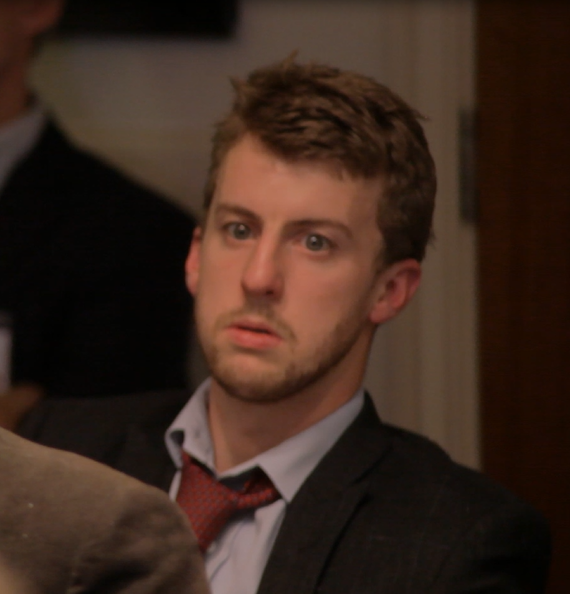Mali’s Bad Trip: Field notes from the West African drug trade – By Andrew Lebovich

“If he returns to Gao, people will make kebabs out of him,” a friend told me with a laugh over lunch in his home. He was referring to a prominent businessman who left the northern Malian city of Gao late last year for unknown reasons. My lunch partner’s comment was indicative. Many Malians in the north and south are deeply angry at notables or other local figures believed to be involved in the reportedly lucrative local drug trade whom they suspect of working with jihadi groups — the very same jihadi groups that tried to turn the north of the country into a haven for their Islamist ideas before the French-led intervention in Mali in January.
My lunch partner’s comment came just days after a crowd of angry youth in Gao reportedly nearly lynched two other suspected traffickers accused of involvement in the drug trade along with jihadi groups, though accounts of the incident vary. One of the men, Mohamed Ould Awainatt, is alleged to have been part of what has become internationally known as the “Air Cocaine” incident back in 2009, when the burnt-out carcass of a Boeing 727 believed to have been transporting up to 10 tons of cocaine was found in the desert north of Gao. Just days after the purported attack in Gao, the Malian government announced international arrest warrants against a number of rebel leaders and suspected traffickers, including both of the men attacked by the crowd. The public anger against purported drug traffickers has much to do with the widespread perception that their activities and corruption in general have contributed to the gradual breakdown of Malian state structures in the last two decades, but in particular in the latter years of the presidency of Amadou Toumani Touré. It’s a perception that’s entirely justified.
Cross-border commerce is hardly a new thing for the Sahara, a part of the world that has always served as a transit point for a variety of goods. When the countries of the region established formal borders after decolonization, smuggling became a big part of local economies. Trade in subsidized powdered milk and other foodstuffs from Algeria in the 1970s eventually morphed into a booming business in counterfeit and black-market cigarettes, subsidized fuel, weapons, and narcotics, including cannabis resin and hashish. Somewhere around 2005 the first Latin American cocaine is believed to have begun to arrive in West Africa — mostly in the region’s seaports, where it was then transshipped to Europe by boat. But as sea controls between Africa and Europe were tightened, and as the trickle of drugs turned into a flood, according to international observers, more and more of the contraband began finding its way inland. Cocaine shipments began moving to Europe from airports in the Sahel, mostly using small propeller-driven aircraft, while other routes led through northern Mali to Morocco, Algeria, and Niger into Europe or the Middle East.
What outsiders have often failed to appreciate is the devastating effect that this flow of drugs, as part of broader corruption trends, has had on governance in the countries of the region — and few countries demonstrates this quite as well as Mali. Given the recent efforts by militant Islamists to create their own state in the north, and the subsequent French military intervention in response, it’s understandable that much of the recent coverage on Mali has focused on the threat to the country’s integrity posed by separatists and Al-Qaeda-branded insurgents. Less well-documented, however, has been the continued presence of an even more pernicious problem, one that will be much harder to uproot by well-intentioned outsiders or internal political reforms: namely, the drug trade.
For most of the past twenty years, Mali occupied a place as a kind of poster child for democracy in West Africa. Foreign supporters praised it for its supposedly robust parliamentary institutions, wide-ranging press freedoms, and decentralized government. Much of the positive press came from an impressive series of peaceful power handovers. In 1991 a senior army officer, Amadou Toumani Touré, overthrew the existing authoritarian regime of Moussa Traoré, then handed over power to an elected president a year later. Ten years later, Touré won a presidential election of his own, a position he retained until he was toppled in a military coup in March of last year.
That coup was triggered by army officers disgruntled by the inept official response to a separatist threat in the north from the Tuareg National Movement for the Liberation of the Azawad (MNLA) and jihadi groups linked to Al-Qaeda in the Islamic Maghreb (AQIM. An alliance of those groups had, with apparently little effort, managed to rout government forces, thereupon declaring a breakaway state of their own. But the weakness of the Malian army came as little surprise to anyone who had been watching the steady erosion of state institutions as a result of widespread corruption. For several years, Malians and Western diplomats alike have voiced accusations that Bamako politicians and relatives are believed to have benefited directly from the illicit economy and access to other forms of rent.while the government and elements of the military are said to have either tolerated or actively participated in various smuggling schemes. According to a journalist with close contacts within the Algerian security services, for instance, Malian soldiers and officiers were directly involved or complicit in at least two cocaine flights that landed in Mali during 2009 and 2010.
Many Malians and outside observers believe that for members of government — including, according to some accounts, people close to ATT— the rise of these various economies offered opportunities for personal enrichment as well as a means of managing instability in northern Mali. The scale of the trade’s impact can be seen clearly in Gao’s “Cocainebougou“, a part of the city flush with new villas and sudden wealth; an official from the Timbuktu region told me a similar neighborhood sprung up there some time after 2009. He noted that the large traffickers even built their own mosque in the neighborhood. While corruption accusations also dogged the government of Touré’s predecessor Alpha Oumar Konaré, the widespread perception of major corruption under Touré was one of the reasons why many Malians supported the coup that overthrew Touré in March 2012.
It’s incredibly hard, of course, to come by reliable numbers on the drug trade. The UN Office on Drugs and Crime said in a recent report they they believe 18 tons of cocaine worth approximately $1.25 billion in Europe transited West Africa in 2010. Some might see this as good news, since that figure as down from an estimated 47 tons in 2007. However, the UN’s information is based in part on extrapolations from drug seizures, an uncertain metric given the flexibility of trafficking networks and the ability to change routes, tactics, and sometimes simply buy off local officials to avoid arrest. Still, the UNODC office in Dakar estimates that more than $500 million gained from the trade either remained in West Africa, or was laundered through the region, in 2012. By comparison, Mali’s defense expenditures in 2011 were estimated at around $180 million, according to the Stockholm International Peace Research Institute.
Among the policies that have had a particularly corrosive effect on governance in Mali was Touré’s policy of partially ceding state control and governance responsibilities to northern intermediaries. His government helped set up and further empower ethnic Arab and Tuareg militias to deal with violence linked to a 2006 Tuareg rebellion centered largely around the region of Kidal. The government used various northern leaders as intermediaries in hostage negotiations, among other matters. In an interview with The Telegraph Robert Fowler, the former UN diplomat who was kidnapped in 2008 by AQIM and held for 130 days, says that Touré referred to Baba Ould Cheikh, the suspected trafficker who also helped negotiate Fowler’s release, as “mon bandite” or “my bandit.”
As one former minister in Touré’s government described it to me over small glasses of strong, bitter tea in his house, these intermediaries allowed Touré to exert some degree of political influence in the north, but at the same time it allowed these northern leaders to exploit state power for their own needs. A good example of this is longtime Tuareg rebel and powerbroker and Ansar al-Din founder Iyad Ag Ghali, who leveraged involvement in rebellions and subsequent efforts to resolve them in 2006, as well as efforts to earn the liberation of European hostages seized in southern Algeria in 2003, to gain a diplomatic post in Saudi Arabia. Ag Ghali continued to play a key role in shaping events in northern Mali while in Saudi Arabia, a country from which he was expelled in 2010 due to suspected contacts with extremists. This process weakened the state while helping deepen corruption, one of the factors that led to the military coup in March 2012 and the subsequent occupation of the north by Tuareg nationalists and jihadist groups.
Illicit and semi-licit commerce existed in northern Mali and the broader Sahel before the rule of Touré. But the drug trade became ingrained in the very fabric of the Malian state at a time when the Salafist Group for Preaching and Combat (GSPC), the forerunner to AQIM, was implanting itself in the north. The organization and its commanders, including Mokhtar Belmokhtar (whom Chadian President Idriss Déby claims his troops killed in fighting this month), developed deep social ties to local populations as well as links to various illicit businesses, from hostage taking to cigarette smuggling to taxing hashish, cannabis resin, and cocaine pipelines.
While particular details are elusive amid copious rumor and innuendo, my interviews in Mali — with Western diplomats as well as Malian notables, including former security officials from the north — assert that the trade in illicit goods (drugs, cigarettes, gasoline, weapons) may have intensified or at the very least continued during the brief reign of the separatists in the north, a supposition supported by some anecdotal reports, though others dispute this claim. Sitting on the floor of an upstairs room of a house on the outskirts of Bamako, three former security officials, men who had spent their careers in the north, told me that the trade had even become more organized under the occupation of the north– even as competing cartels identified broadly with different ethnic and tribal groups, as well as militant groups, continued long-running struggles for supremacy. They also indicated that it was only with the French intervention and the Western military presence in the north, not to mention significantly tighter monitoring of borders into Mali’s neighbors, such as Algeria, that the trade had been disrupted. Other analysts suggest that the trade has been in flux before and as a result of the conflict in Mali, forced to find new routes through Africa and into Europe.
According to these interlocutors, diverse illicit trades wer not restricted to the north, nor was it limited to the involvement of northern Malian leaders or militias. One Western expert said that the instability in the north actually stimulated the narcotics trade passing through parts of the country that remained under government control, especially in the Kayes region near the border with Mauritania. This shows the flexibility inherent in drug smuggling routes, which adjust and shift rapidly in reaction to changing security and political environments, spreading or moving not just to different regions but also to different countries as necessary. And just as the trade allegedly flourished with the complicity of some linked to the Malian state, it is difficult to imagine that illicit trade could continue in government-controlled areas without some level of official support or acquiescence. As noted in the recent UNODC report, “smuggling is often accomplished not by stealth, but by corruption.”
Additionally, several interview subjects alleged that current members of the Malian military as well as officials believed to be close to the country’s military junta are linked to the trade, either as active participants or via relatives whose activities they tolerate. Last August, journalists revealed that several European men believed to have helped organize the “Air Cocaine” incident had been quietly freed from prison.
One night in Bamako, as my conversation with a Timbuktu Arab notable drew to a close, I asked him if the drug trade would come back to Mali when the situation stabilizes and French forces pull away from the north. His response was matter-of-fact: “Of course it will!” The only way to prevent that, he said, was to “clean up all of this administration” – the security services, the government in Bamako, and the system of rule that characterized northern Mali under Touré. And that is a problem that goes far beyond al-Qaeda.
This article was recently published on Foreign Policy (March 16th, 2013) and is reproduced with the permission of the Open Society Institute West Africa. Andrew Lebovich is OSIWA’s Sahel consultant.
The Open Society Initiative for West Africa (OSIWA) is a part of the Open Society Foundations global network and one of four foundations in Africa. OSIWA is dedicated to the promotion of inclusive democratic governance, transparent and accountable institutions and active citizenship across the region. www.osiwa.org and @osiwa1







Spot on. International Alert just produced a short summary of what a peacebuilding – rather than western homeland security – approach towards Mali might look like. Certainly needs to take account of these governance isssues; it’s quite clear that labels like “ungoverned space” are misleading and would lead to wrong-footed and -headed interventions. There are “governors” otherwise such a lucrative trade would not have been possible, and they need to be taken into account. For more, see http://www.international-alert.org/news/crisis-mali